Magazine
3 Tips for Treating Peeling and Flaky Facial Skin
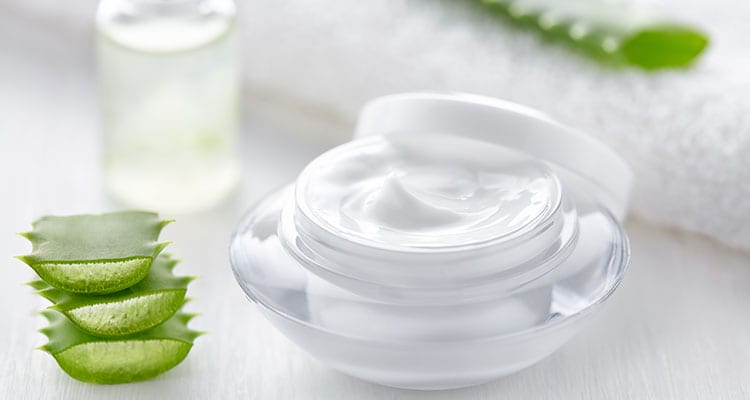
Truth is, we’ve all experienced it at some point. A white, flaky piece of skin peeling around our nose or even our chin. And the question is always what do you do with it? Do you peel it off? Slowly and indulgently or like a bandaid? Perhaps you should leave it altogether? And more importantly, why do you even have flaky facial skin?
Why is it even there?
Well, there are a great number of reasons that may be causing your skin to peel. Most of which can be easily prevented with the right measures. For instance, one of the more common reasons is sunburn. After the skin has completed the first few stages in which it is irritated and red, the skin cells die and peel off, leaving behind an unpleasant flakey mess. Underneath that dry skin, there’s a new layer, which is basically how skin rejuvenation works.
Another popular cause for flaky skin is a dry skin type. While plenty of people suffer for naturally dry skin, there are other factors that may be causing your skin to dehydrate. One of them is extreme weather conditions. This doesn’t just apply to exposing your skin to the sun, this is also true for extreme cold. The icy air meeting your skin can dry it up and injure it.
However, whether your skin is genetically dry, or peeling away due to a wide array of causes, there’s definitely something you can do about it. And no – peeling it off is never the right answer!
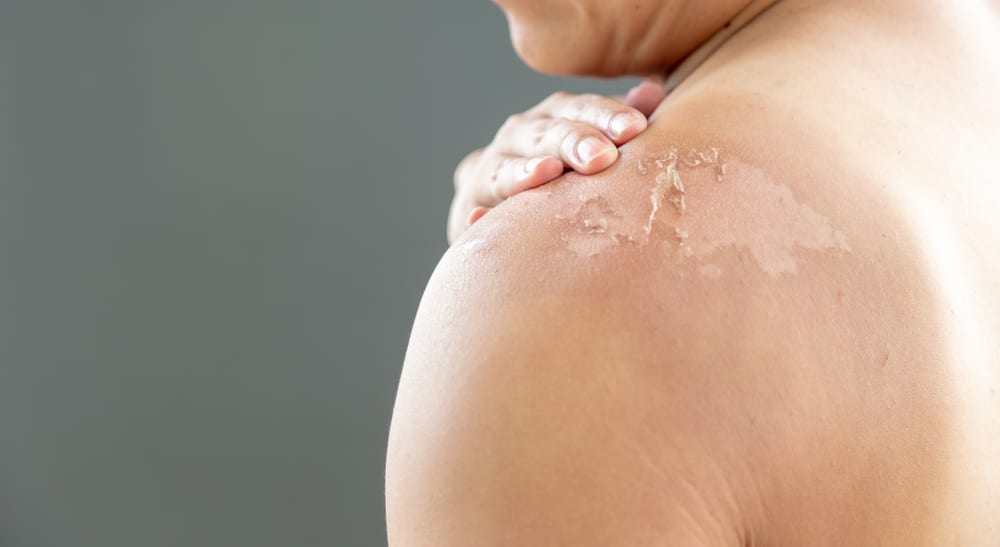
One of the common reasons for flaky skin is sunburn
Know Your Enemies
If you know that your skin is prone to peeling, make sure that you stay away from any potential catalysts. Dermatologists have proven that antibacterial soaps (which are extremely popular these days) cause dry skin, and the American Skin Association has strongly advised people with dry skin to stop using antibacterial soap. The reason behind this is that these soaps strip the skin of its natural and essential oils. Just imagine what such a harsh soap could do to your delicate and already-irritated facial skin.
Experts also suggest that you avoid certain shower-related habits. For instance, try to take shorter showers and use lukewarm water instead of hot water. The reason for this is that long showers can dry your skin and the steam may irritate it even further. Another good advice is to try and use softer towels. By using rougher towels, you could possibly be harming and scratching your skin.
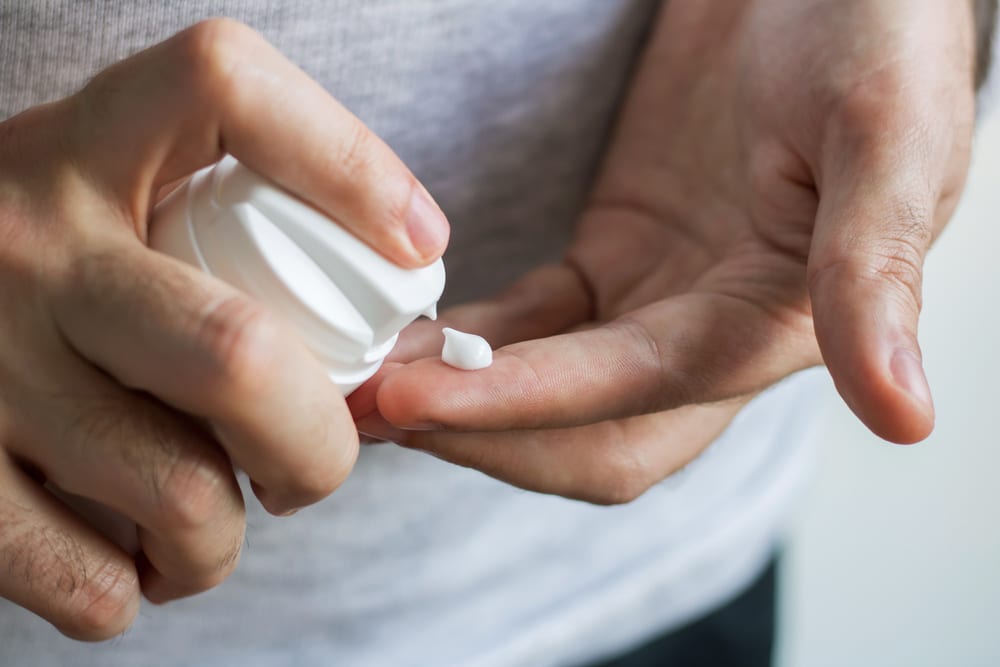
Dry skin is nothing to worry about
Apply Yourself
Dry skin is nothing to worry about, but it shouldn’t be neglected. One of the recommended ways to treat it and prevent peeling is by regularly applying a quality moisturizer. In fact, any dermatologist can tell you that a great moisturizer can repair the skin, soothe it and provide it the nourishment it needs. Furthermore, particularly for dry skin, dermatologists recommend choosing a cream or lotion that contains some form of natural oil.
It so happens that two of the carefully-selected ingredients in Particle’s facial cream are Jojoba oil and Shea butter. These two ingredients are known for their ability to moisturize the skin and reduce dryness. The Jojoba oil assists in trapping the moisture under your skin and preserving it. Plus, it helps control natural sebum production, which is the natural oil your skin secrets. The Shea butter is richer and treats rough patches and even more severe issues, such as cracked dry skin. The combination of the two (and other enriching ingredients) form a great moisturizer for dry and peeling skin.
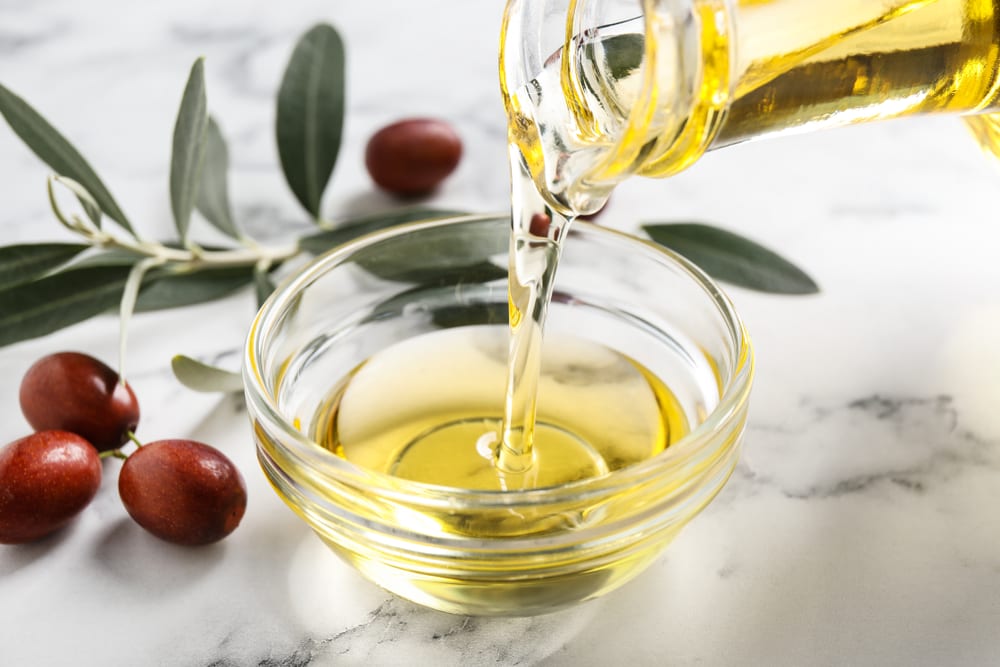
Jojoba oil assists in trapping the moisture under your skin
A Quick Fix
The first two tips are important for long term processes. In other words, those are the best ways to prevent and treat peeling skin as routine. However, if you’re facing a case of flaky skin at this very moment, you need a “quick fix”. Here’s what you can do right now:
- Using an extremely mild facial soap, warm water and a clean and soft washcloth, you can exfoliate your flaky skin. Simply dab the water onto the peeling area, apply the soap with smooth and circular motions, rinse and then dry your skin by patting it lightly with the towel.
- Once you’ve completed this part (without pulling on the wet peeling skin), you need to apply something to soothe your skin. It could either be a moisturizer or aloe vera gel. Either way, it should be anti-inflammatory to ensure that your skin heals faster and properly.
- After you’ve completed those steps and the lotion has dried, if you’re planning to leave the house, make sure to apply sunscreen on the affected area. That way, you’ll provide your skin with maximum protection.
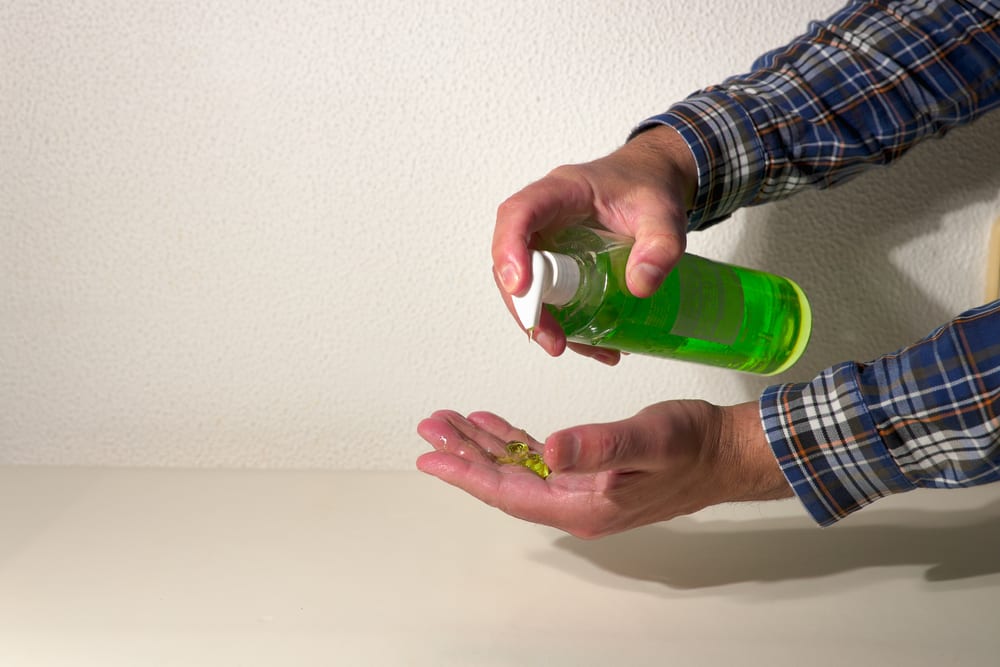
Apply something to soothe your skin – like aloe vera gel
The Dry Truth About Flaky Facial Skin
While dry and flaky skin are pretty common conditions, you should always keep an eye peeled for the chance that the dryness might be caused by some other conditions. Though quite rare, dry skin can be brought on by Psoriasis or different types of dermatitis. In any case, if you have any reasons for concern, don’t hesitate and consult your dermatologist. Whatever you do, don’t flake out on your skin!
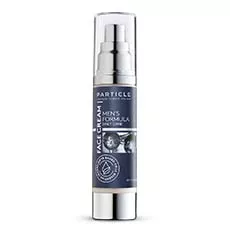
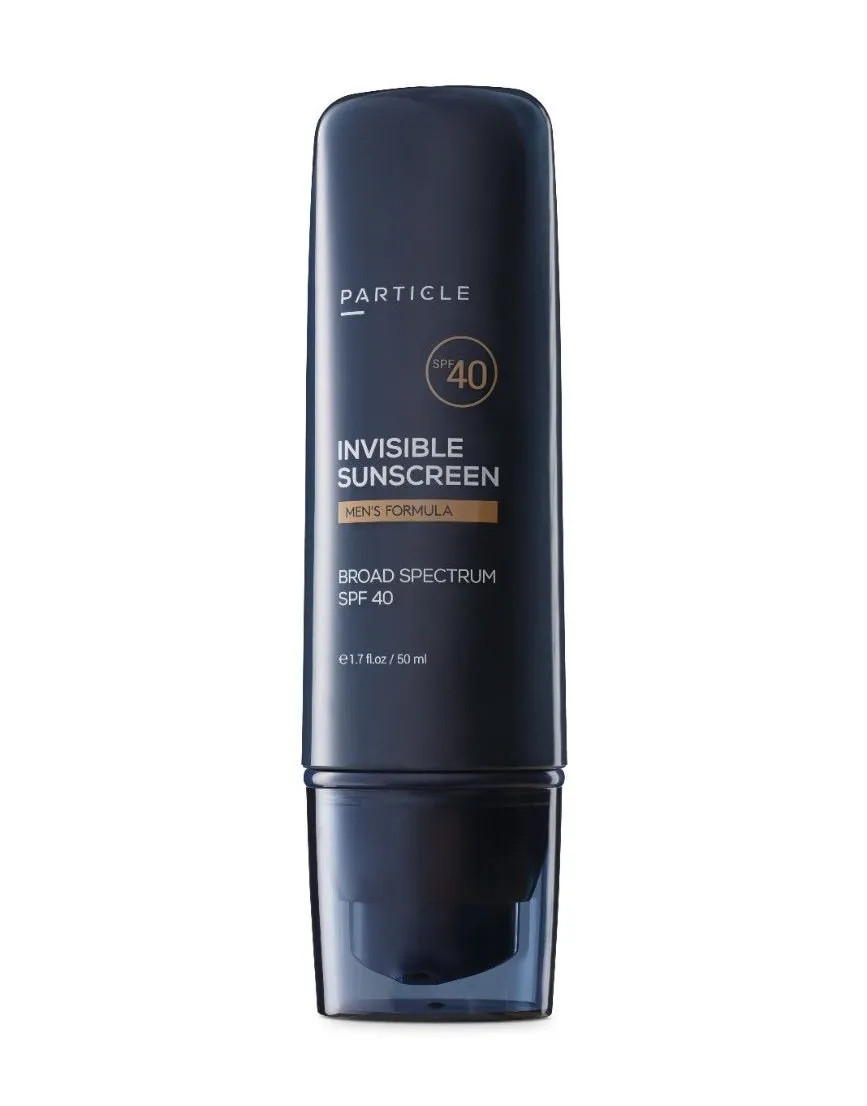
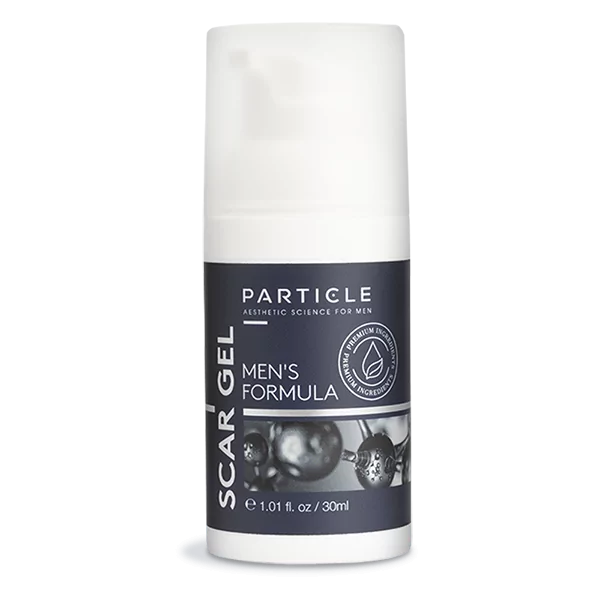
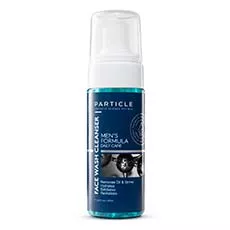
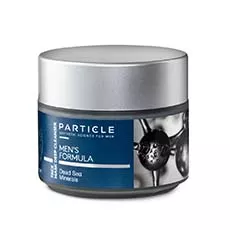
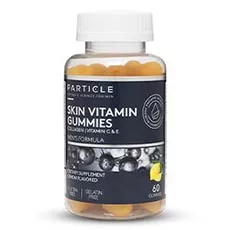
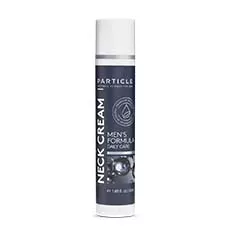
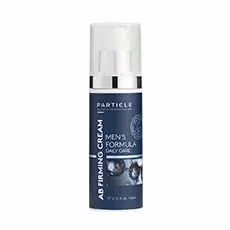
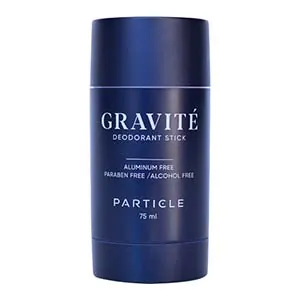
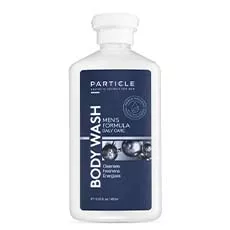
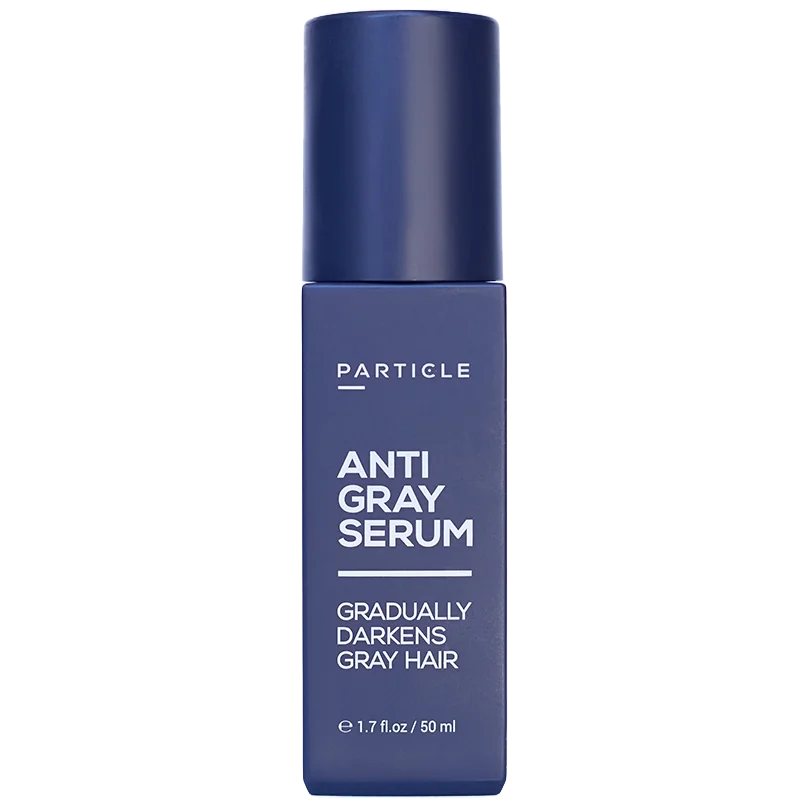
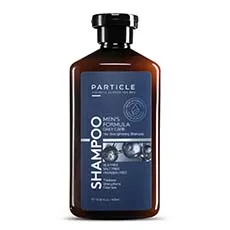
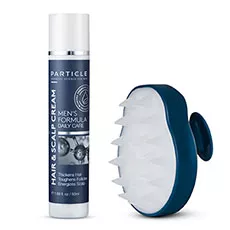
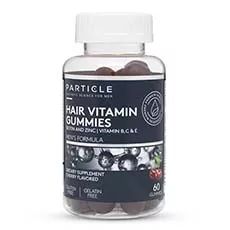
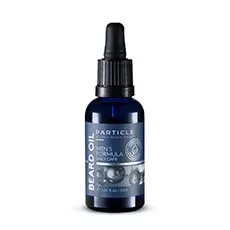
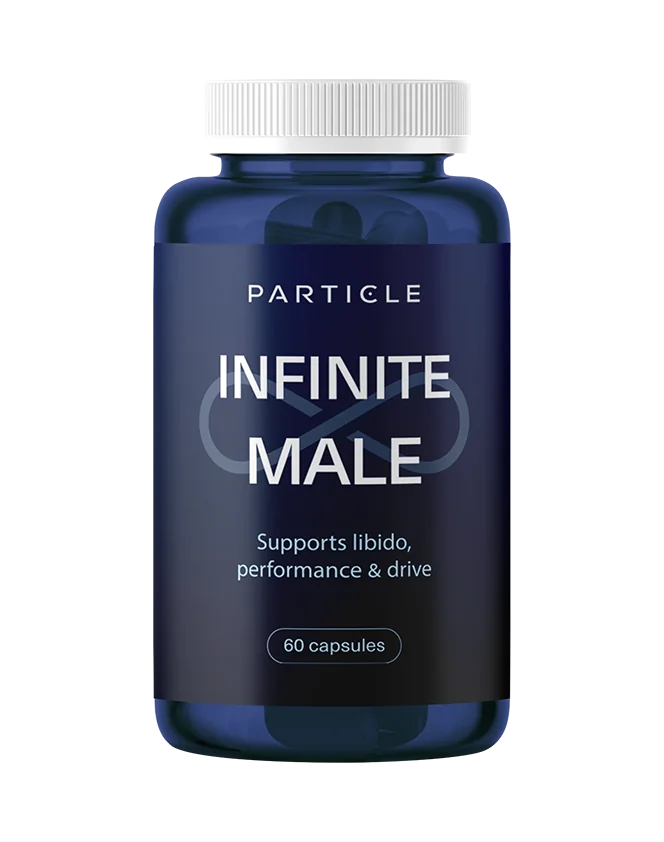
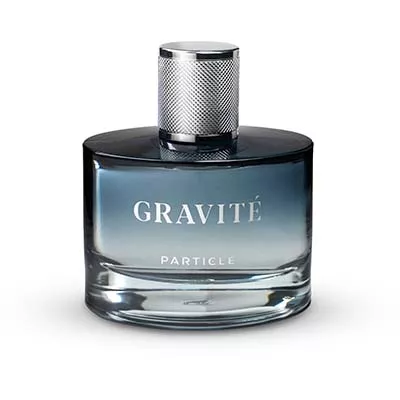

 en
en














